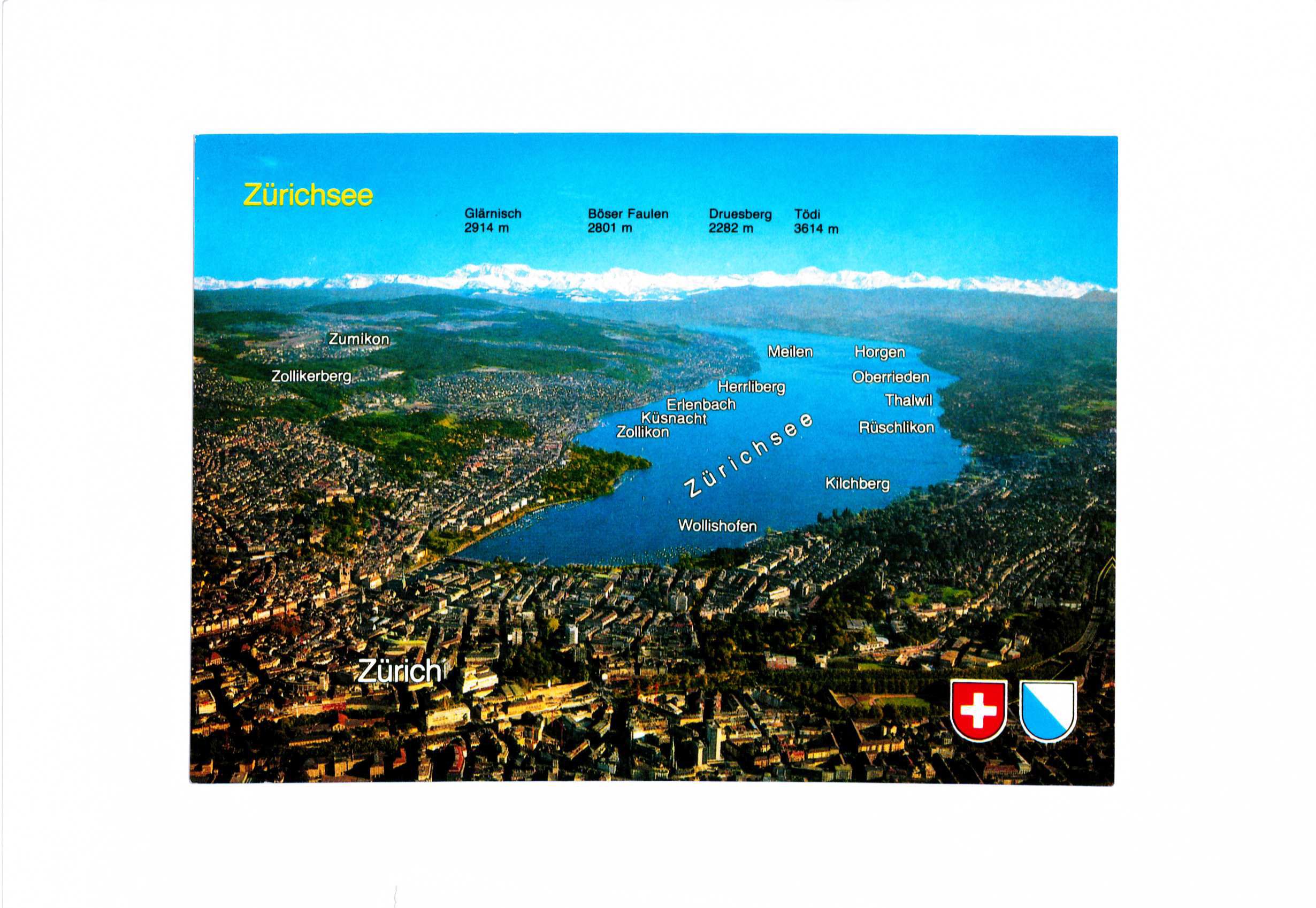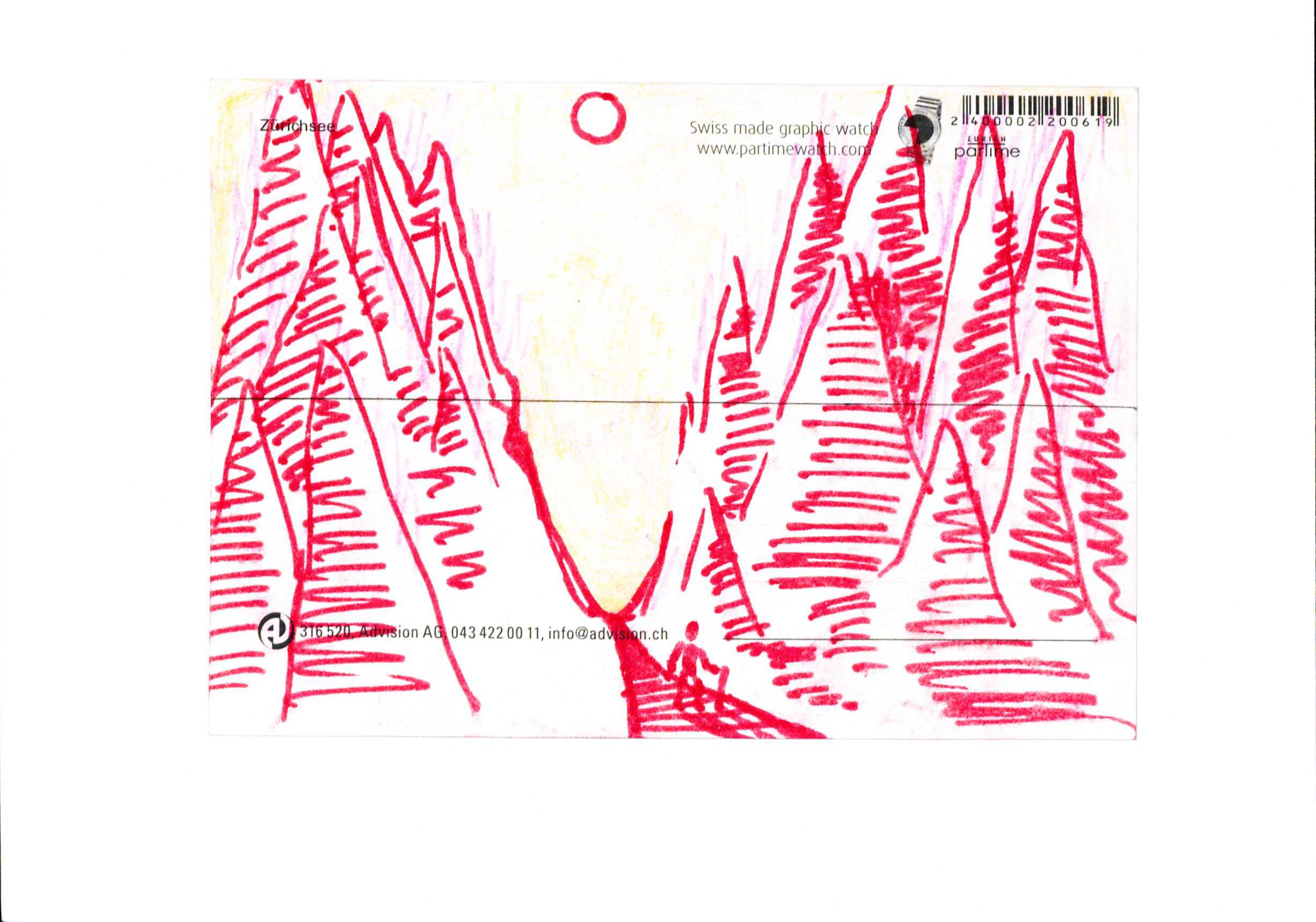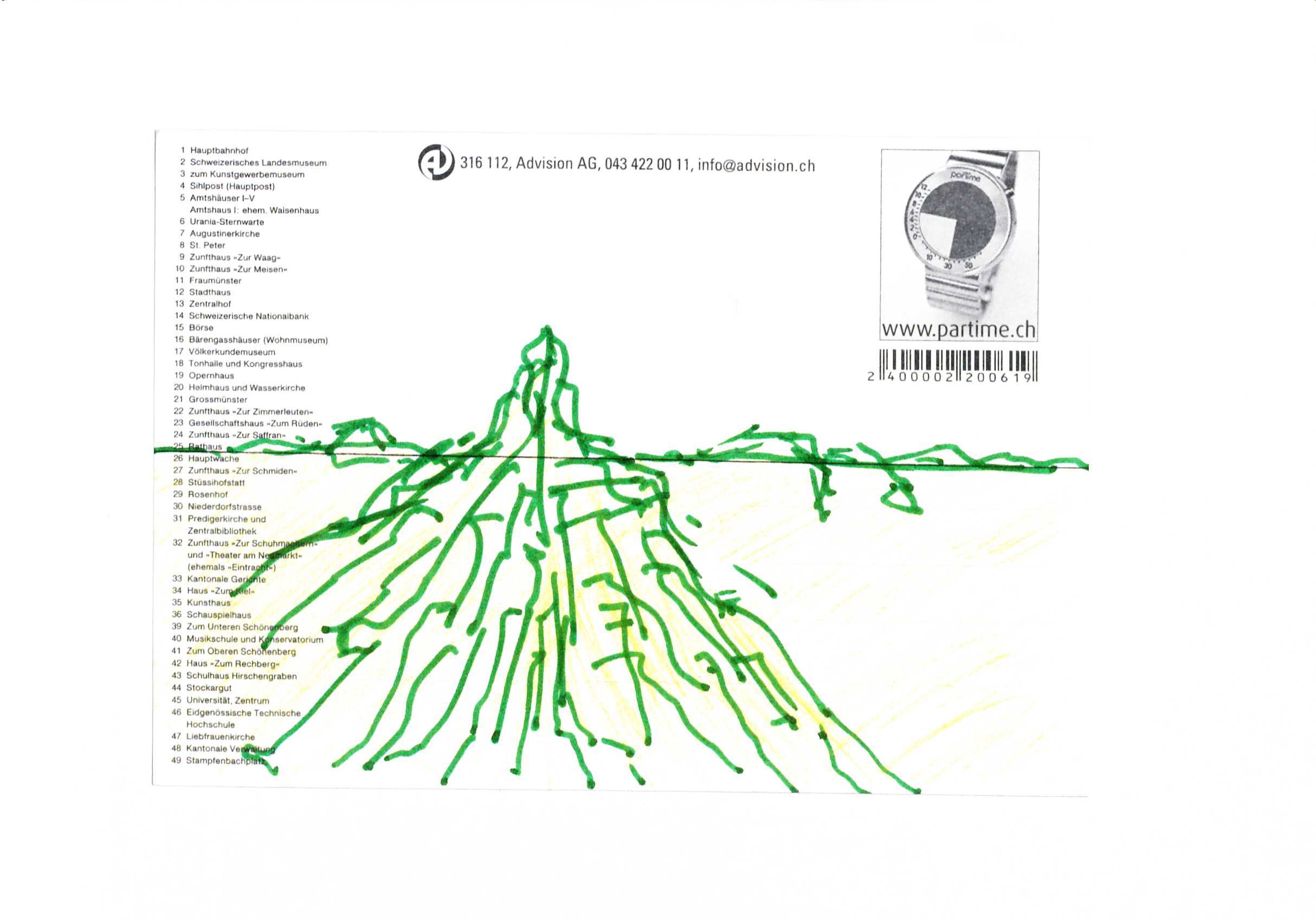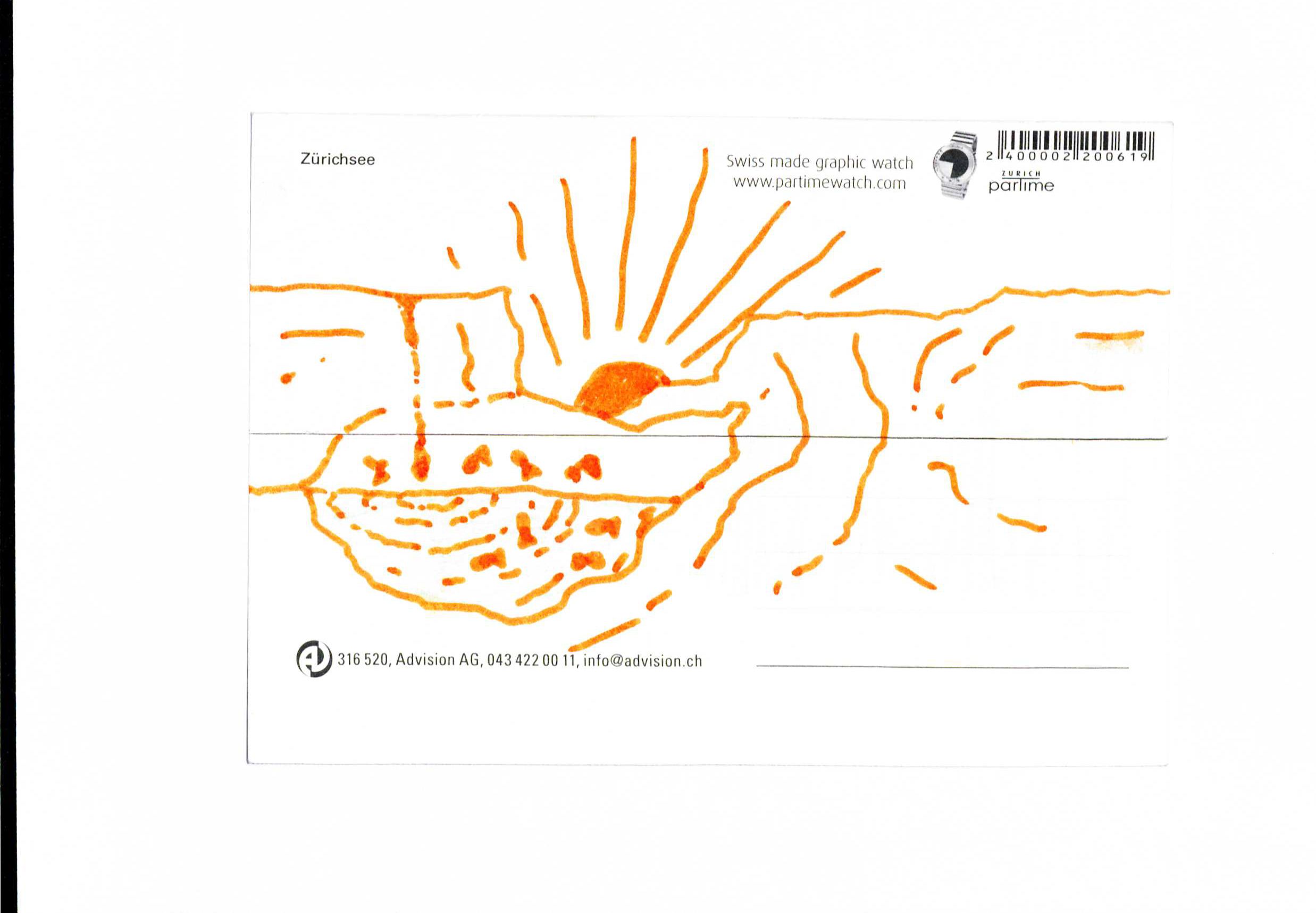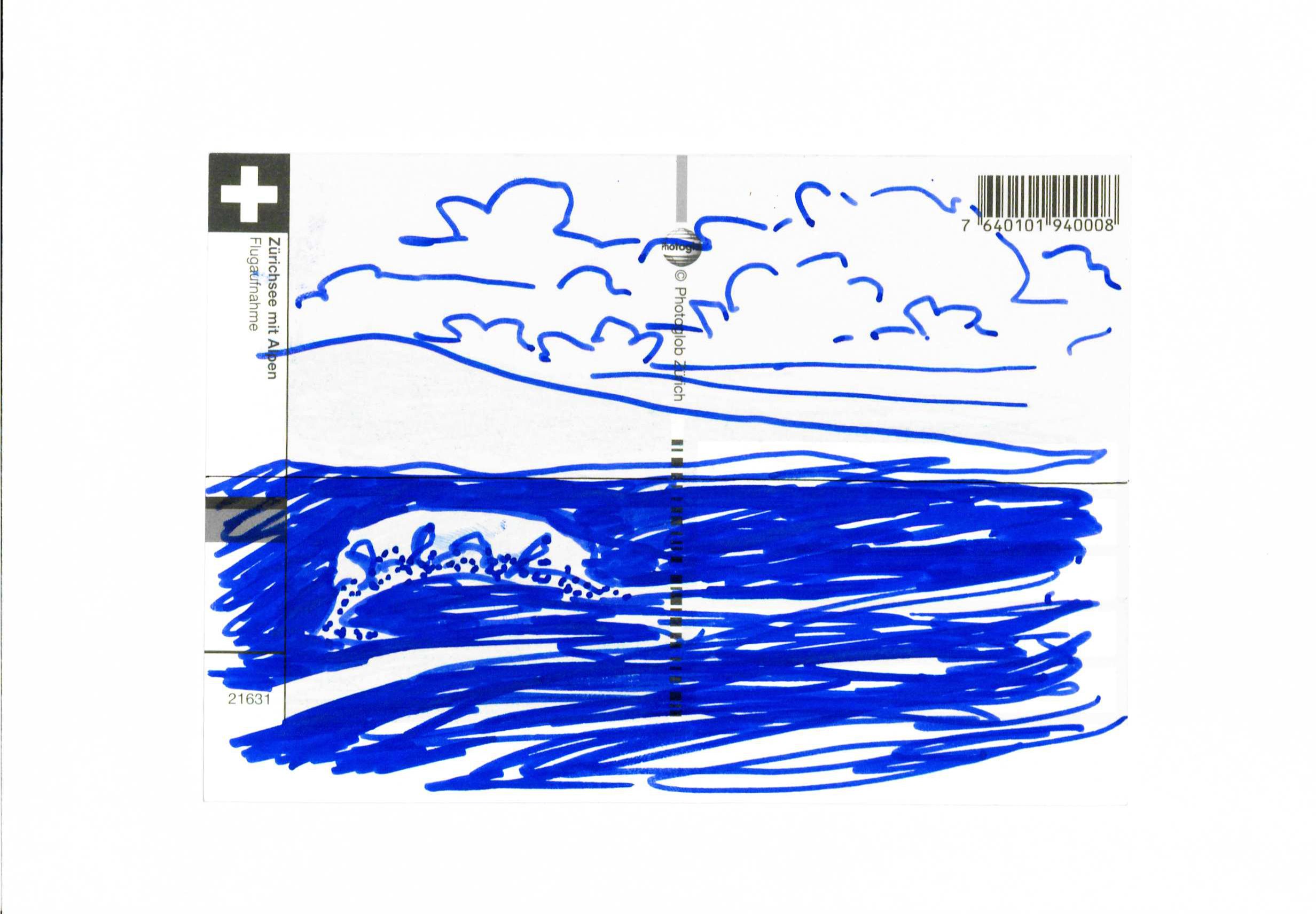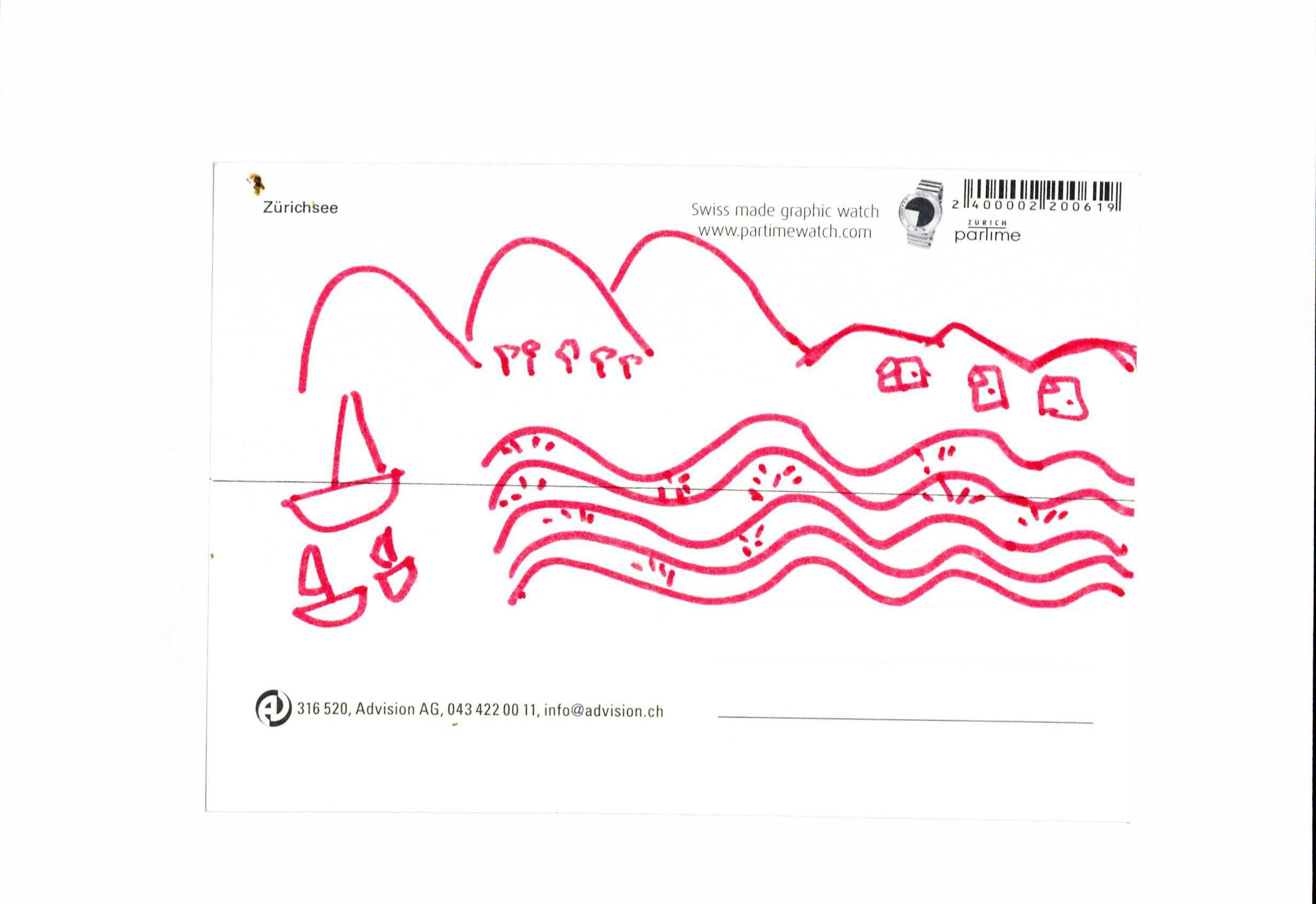How can we learn from something that is disappearing?
How can we instrumentalize the post-glacial landscape as a tool for fostering collective knowledge?
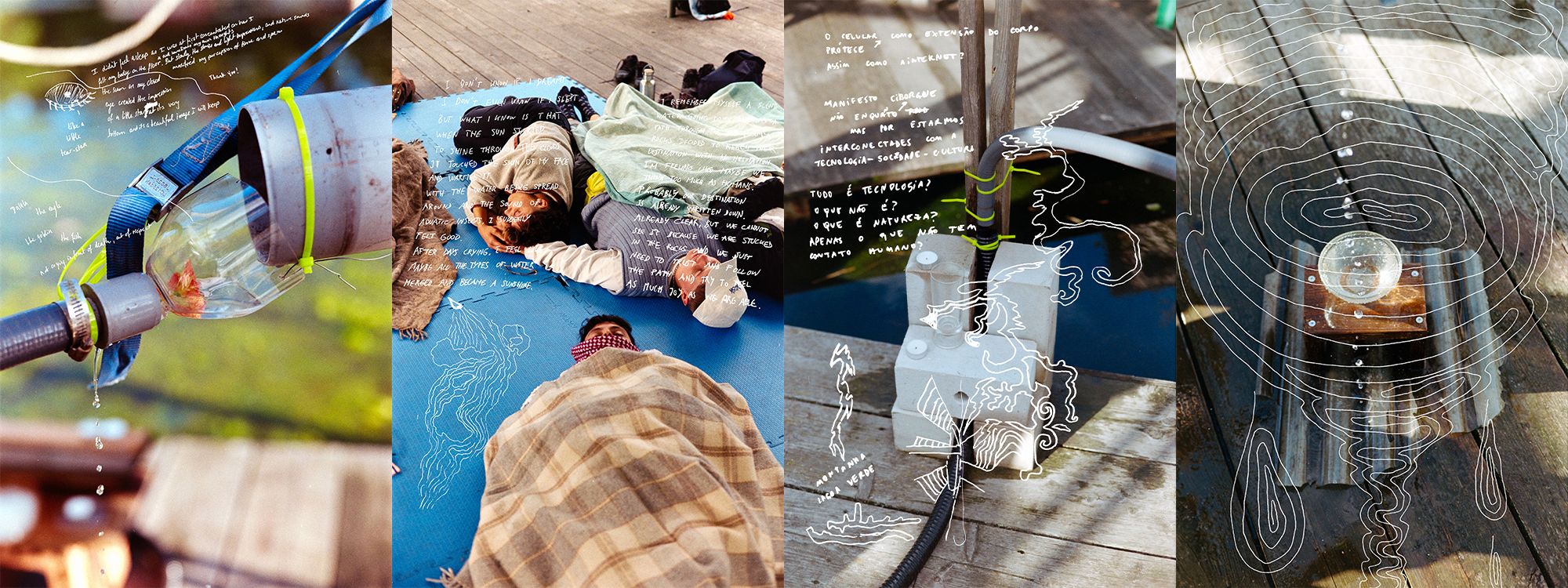
When a glacier disappears not only the geological archive of a place is lost, but also the tales and the future imaginary surrounding it dilute as well.
Approaching mourning as a learning methodology, we aim to create imaginative fictions that envision possible political realities. We project our own experiences in this melting body that includes all these layers of loss: memories, archives, ghosts, and grieving for something much bigger than us. Dealing with absence as an overwhelming presence, that takes up space and different shapes; but that can also push forward radical change as it modifies the landscape and thus notions of national borders or urbanity.
Ultimately, our goal is to imagine together scenarios for a post-glacial future, based on the production of a collective body of knowledge surrounding the glaciers, that can be instrumentalized towards giving political agency to the disappearing body itself.
We would like to unlearn the overwhelming feeling we have when dealing with scientific data, which limits us from collaborating with other disciplines and bridging the distance from the concept of the glacier itself. We would like to understand it, not as a remote or static entity, but as a dynamic agent of political, cultural, and ecological change in order to find methods that can create a more inclusive understanding of subjects that pertain to the commons, like the environment.
If only we could expand this radical empathy we feel for the apparent unstoppable loss of something, towards forming alliances to imagine a future in which this absence is not a void but a place for human and non-human resistance, maybe we could accomplish more, and collaborate with natural bodies like a glacier in an ecological revolution from the bottom up.
AWOL
Interdisciplinary collective for artistic research on political imaginaries towards climate futures
Stefan Ralevic
Art worker, part of AWOL
Belén Arellano Cañizares
Art worker, part of AWOL
Giuliana Marmo
Art worker, part of AWOL
Logbook
SoC Gathering, 2025
04.07.2025 — 06.07.2025
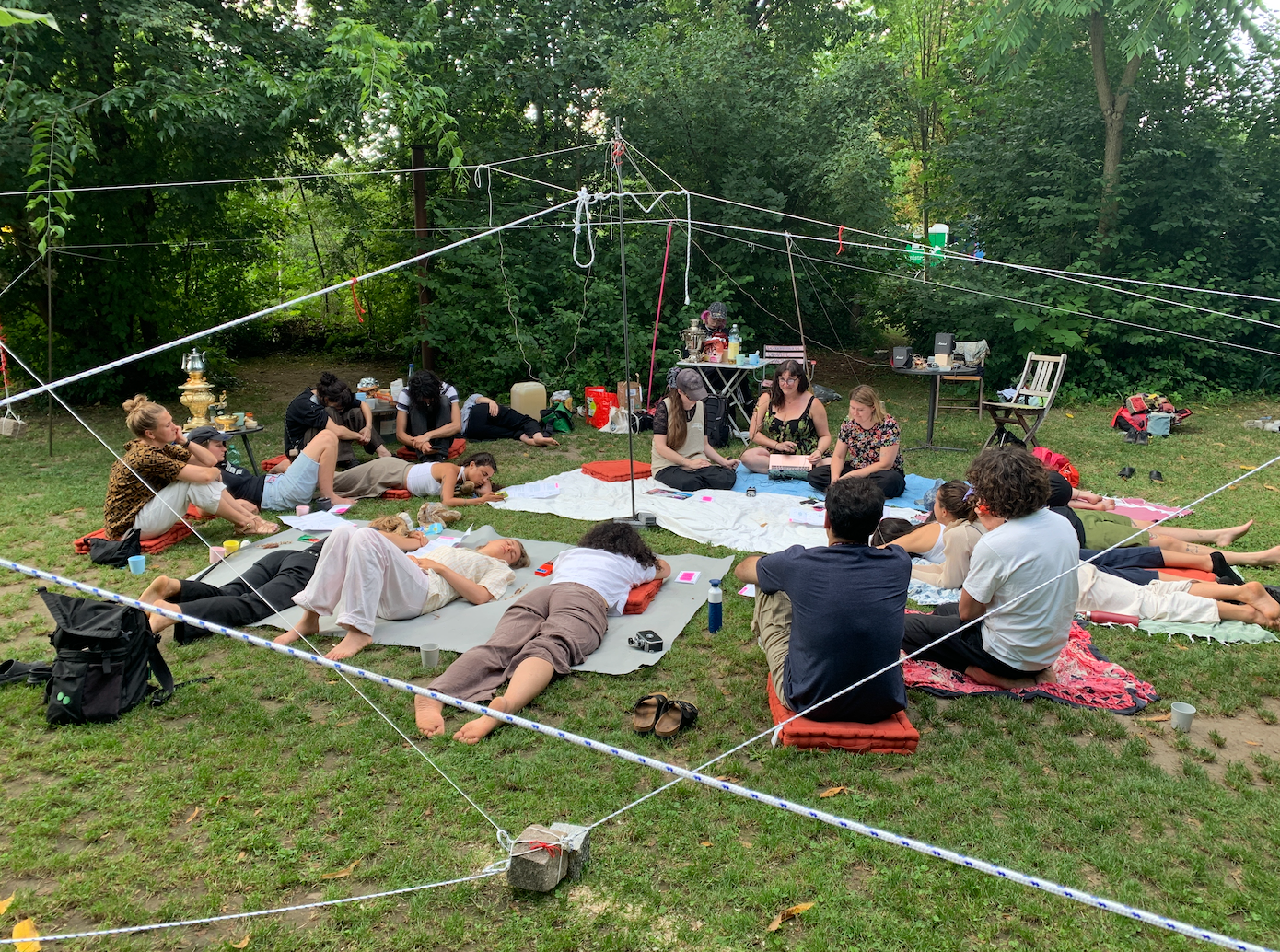
Reflecting on the SoC Gathering this past week at Zurich University of the Arts. Find out more
